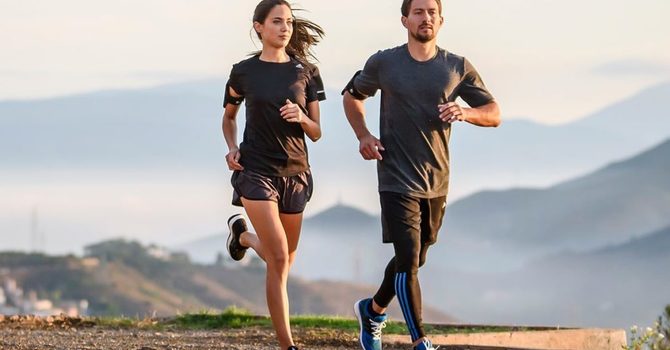Welcome to a New Year! We have all been looking forward to 2021, full of new beginnings and change. Traditionally, January is recognized as “Health Awareness Month” and we wanted to provide some easy, science backed health tips to add into your current routine as you start into the New Year. At Norwood Chiropractic we like to focus on holistic health and in this post we will be covering sleep, stress, and physical activities. Read on for more!
Sleep
Did you know that roughly one third of our life is spent sleeping? Sleep is our bodies natural restoration process where our bodies have time to recover and rebuild tissue. Quality sleep has been associated with mental well-being and improved memory. Poor sleep (length of sleep and quality) has been shown to amplify muscle and back pain making normal aches and pains worse. Below are some easy tips you can use tonight on your path to a more restful night of sleep!
Create a comfortable sleep environment. Make your “sleep space” an optimal setting. Simple things such as using a supportive mattress, minimizing noise, or a black out curtain can go a long way. Additionally, cooler temperatures have been shown to make it easier to fall asleep and stay asleep.
Avoid caffeine at least 4 hours before bed. Caffeine is a natural stimulant and too much too late in the day can leave you “wired”. Try to limit your coffee or energy drink consumption later in the day.
Put down the phone! Screen time right before bed has been shown to increase sleep latency (time to fall asleep), increase fatigue, and is linked with insomnia. Try to minimize time on your phone 10 minutes before bed.
Physical Activity
Movement is medicine! The more you move the easier it is to keep moving. The Journal of the American Medical Association (JAMA) recently put out minimal activity guidelines. These recommendations have been proven to improve overall health and decrease risk for chronic disease. Currently they recommend 150 minutes of moderate intensity exercise each week, a little more than 20 minutes per day. That 20 minutes does not have to be anything crazy or strenuous. It could include walking, cycling, running, or weightlifting. Following these practices have been shown to reduce blood pressure, improve mental health, and reduce the risk of heart attack and stroke.
Stress Management
The year 2020 could be described in one word: disruptive. The last 12 months have been immensely stressful; disrupted routines, holidays, large life changes. It can be easy for stress to build up and take a toll on mental health. Roughly a third of Americans reported feeling anxious or stressed in 2019 and that number has jumped during the last 12 months. Several activities that are beneficial to stress reduction are: meditation, slow diaphragmatic breathing, and simply going for a walk.
----------------------------------------------------------------------------------------------------------------
REFERENCES
Exelmans L, Van den Bulck J. Bedtime mobile phone use and sleep in adults. Soc Sci Med. 2016 Jan;148:93-101. doi: 10.1016/j.socscimed.2015.11.037. Epub 2015 Dec 2. PMID: 26688552. https://pubmed.ncbi.nlm.nih.gov/26688552/
Krause AJ, Prather AA, Wager TD, Lindquist MA, Walker MP.
The Pain of Sleep Loss: A Brain Characterization in Humans. J Neurosci. 2019 Mar 20;39(12):2291-2300. doi: 10.1523/JNEUROSCI.2408-18.2018. Epub 2019 Jan 28. PMID: 30692228; PMCID: PMC6433768. https://pubmed.ncbi.nlm.nih.gov/30692228/
Simpson NS, Scott-Sutherland J, Gautam S, Sethna N, Haack M.
Chronic exposure to insufficient sleep alters processes of pain habituation and sensitization. Pain. 2018 Jan;159(1):33-40. doi: 10.1097/j.pain.0000000000001053. PMID: 28891869; PMCID: PMC5832516. https://pubmed.ncbi.nlm.nih.gov/28891869/



